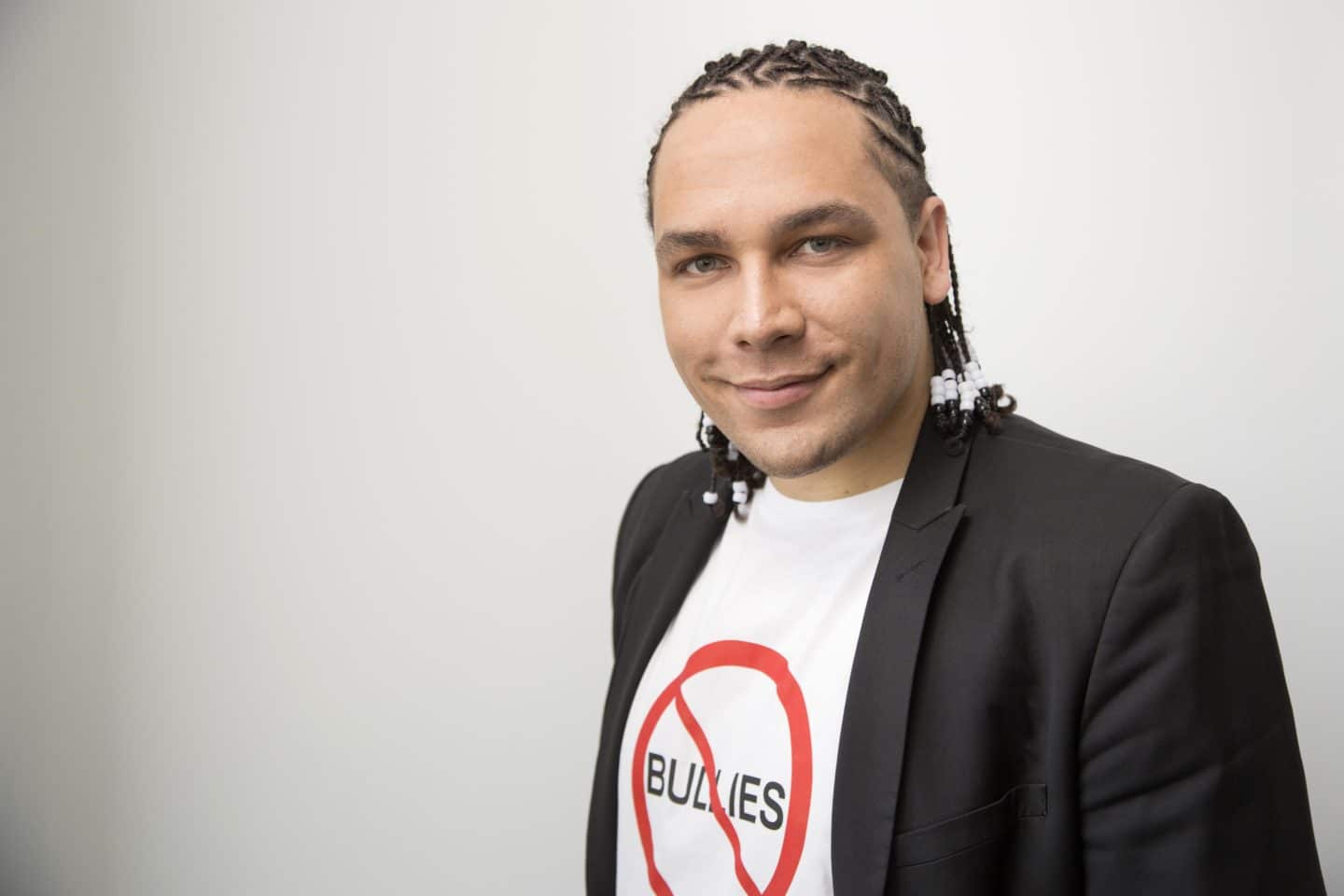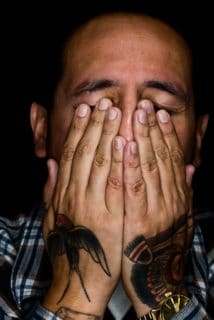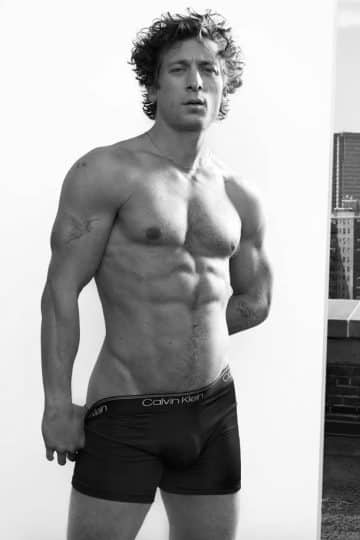Misogyny in schools and the Andrew Tate effect
Masculinity
Misogyny in schools is an increasing problem in the UK with teachers reporting on the negative impact of social media influencers.
A new survey by the union NASWUT has revealed teachers are identifying toxic social media influencers as one of the key reasons behind a rise in misogynistic behaviour among young boys in schools.
Female teachers reported incidents such as being barked at by male pupils, or ignored entirely in favour of male teaching assistants, as a result of the influence of men like Andrew Tate who frequently post about the superiority of men and the desired subjugation of women.
NASWUT’s General Secretary, told their annul conference, “Two in three teachers tell us that social media is now a critical factor contributing to bullying and poor pupil behaviour.
Pupils who believe it is their inalienable right to access their phones throughout the school day and use them to interrupt lessons, bully others, act out, or to garner respect from their peers.
We now need a plan to tackle what has become a national emergency.”
Adolescence raises the issue
Netflix’s drama Adolescence has played in a key role in bringing back the conversation around the manosphere, toxic masculinity and the impact on boys. It powerfully portrayed a child who killed a girl at his school as the product of an environment in which social media use and manosphere thinking about girls, steered a young kid into an unthinkable act.
This is not a new conversation. Masculinity has been a talking point for many generations and male behaviour was particularly put under the spotlight after the MeToo movement and the Harvey Weinstein case. But now we are seeing how a generation of boys who have grown up online have been impacted by the extreme ends of the internet. To the point where such misogynistic, violent, pornographic extremes, are no longer dark corners for incels to tread alone, but are practically mainstream, so easily are boys (and men) led there by algorithms monetising attention.
Adolescence has shone an urgent light on this, and it seems people finally want action. Many schools are now banning all phone use on school time. There are parent groups asking people to sign an anti-smartphone act. The Online Safety Bill came into force this year, but there are calls for it to go further, saying restrictions on social media companies do not go far enough and are too easy for children to work around; many are calling for an outright ban on social media for under-16s.
But there needs to be social change too, involving parents, and cultural thinking too.
A culture of misogyny and homophobia
In 2019 a nine year-old boy in Denver, killed himself after he was the victim of homophobic bullying at school. Jamel Myles had come out to his parents in the summer holidays but found such victimisation at his school that he tragically took his own life. At nine years old.
From a distance, the only way to respond to such tragic events is to think about how to make sure it doesn’t happen to any other kids, which is why issues of not just bullying and gender stereotypes need to be tackled young. We need to be bringing our boys up better.
Most of us know the score growing up – if you cry you’re a girl or gay, if you’re smart you’re a girl or gay, if you wear anything colourful you’re a girl or gay, if you’re not good at football you’re a girl or gay, if you have a haircut you’re a girl or gay…OK, you get it. Deviations from pure ‘boy behaviour’ are watched for by the playground hyena pack and called out as a weakness in the most derogatory terms imaginable – that it’s the kind of thing the opposite sex or a different sexuality might do, those apparently lesser beings.
It is a generational issue and requires systemic change and measure to tackle it.
In Nairobi, Kenya, there is a No Means No Worldwide programme which aims to reduce the huge problem of sexual violence there, where almost a quarter of girls have been victims of sexual assault. In schools, it initially took the form of teaching girls how to defend themselves from attack but was then extended to teaching the boys to change the mentality around women and to intervene if they see an attack. Called ‘Your Moment Of Truth’ the classes were a big success, with the percentage of boys who intervened or alerted authorities when they witnessed a physical and sexual assault rising from 26% to 74% and the boys taught were less likely to endorse myths about sexual assault.
The people behind the project have seen that if a society-wide problem exists, there needs to be a change in values at the root.
With such thoughts in mind, from September 2019 sex and relationship education became compulsory for all children in England. Children right from 4 years old at primary school began to be taught about safe relationships, and older children will be taught about online pornography and sexting – values of tolerance for genders and sexualities were at its core.
Lots of teaching organisations expressed concern that there seemed little plan to train up teachers for these changes, and with faith schools allowed to create their own ‘safer’ versions, its effectiveness was doubted.
Now it seems the impact of online misogyny and children’s access to it, was vastly underestimated.
Tackling misogyny in schools
Nevertheless, there has been a movement growing towards building a safer more tolerant society, for both genders, built from schools upwards. The rise of social media and the manosphere had not gone unnoticed and there have been plenty of organisations asking children to show respect towards each other, regardless of gender or sexuality.
Organisations like the Anti-Bullying Ambassadors, run by Alex Holmes, which already has 28,000 participants in its ambassador scheme in the UK and Ireland. The ambassadors are recruited from the student body and act at a playground and corridor level to support victims and deter bullies. “It’s about speaking out,” says Alex, “I didn’t speak out when I was bullied and a lot of people don’t. We want to put out a clear message that if you are being made to feel upset or uncomfortable or unsafe, you can talk to someone. We want to encourage empathy and compassion in other young people.”
But it’s not just up to organisations or teachers, it’s about parents too. And brothers. And uncles. Family friends. Everyone needs to be communicating to our boys that being clever is not a weakness but a strength. That crying isn’t what boys do. That being a girl or being gay is not some ‘lesser’ state. That true strength comes from standing up to those who tell you any different. Including those opportunistic snake oil salesmen online.
More than anything it is about respect for others, not seeking to assert superiority over them. We’re talking back to basics for ethics and morality, and it’s up to us adults to reestablish them, because for certain, they have been lost.
Trending

Join The Book of Man
Sign up to our daily newsletters to join the frontline of the revolution in masculinity.




















